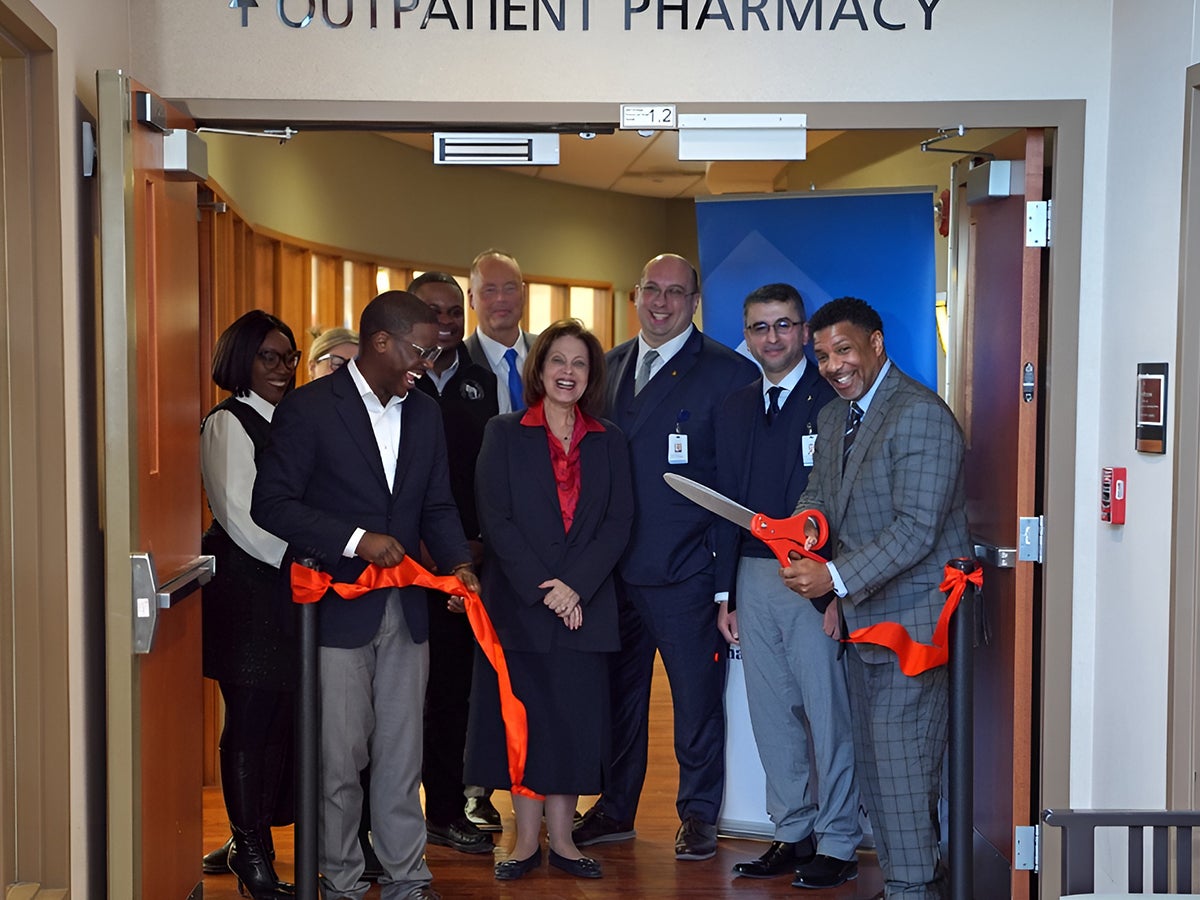By: Lindsey N. Clark, MD, FACS
October is National Breast Cancer Awareness Month and it’s important to know that breast cancer is the second most common cancer among women in the United States. About 1 in 8 women in the US will develop breast cancer, according to the National Breast Cancer Foundation. While advances in screening and treatment have reduced the overall risk of death from the disease, the number of people diagnosed with breast cancer continues to rise. When breast cancer is found early, it is easier to treat successfully.
Self-exams, mammogram screening and high risk cancer assessments are the best way to detect breast cancer in its beginning stages. It’s important to understand the recommended guidelines when it comes to breast cancer.
Breast examinations:
- The American College of Obstetricians and Gynecologists (ACOG) recommends a clinical breast exam every year for women aged 40 years and older and for those who are younger having a conversation about frequency with their clinician.
- Recommendations vary on the importance of monthly self-breast exams, but it’s important to check with your healthcare provider if you feel there is any change in your breasts such as size, shape, puckers, dimples or redness of skin.
- No matter your risk, early detection through self-exams and mammogram screenings are key to catching cancer when treatment has the best chance of being successful.
Mammogram guidelines:
The National Comprehensive Cancer Network recommends women follow these breast cancer screening guidelines:
- Age 40: Begin annual breast cancer screenings with mammograms. Your primary care provider may recommend starting screenings earlier if you have a family history of breast cancer or other elevated risks.
- Screenings should continue if a woman is in good health and is expected to live 10 more years or longer.
The risk for breast cancer increases with age, as most breast cancers are diagnosed after age 50. If you have a family history of breast cancer, it increases your chances for developing it. However, about 85% of women diagnosed have no family history. That is why it is important to talk to your doctor about screening.
What women can do to be proactive and reduce their risk:
You can’t control your genetics or avoid getting older. But there are ways to be proactive and reduce some risks factors:
- Eat a healthy diet. Limit highly processed foods and opt for lean meats, whole grains, and fruits and vegetables.
- Exercise regularly, don’t smoke and limit alcohol consumption.
- See your doctor for annual wellness-checks.
- Stay up-to-date on annual breast cancer screenings with mammograms or other recommended screening methods advised by your doctor.
High risk assessments for breast cancer:
A specialized service Ascension Wisconsin offers is a high risk assessment for various types of cancer, including breast cancer. Ascension Wisconsin’s Cancer Prevention and Wellness Program is designed to identify individuals who may be at a higher risk of developing cancer and create a plan that can lower that risk.
- Medical specialists in this program recommend targeted screenings, a genetic risk assessment, surveillance and follow-up care based on a person's individual risks, then working closely with each person to create a personalized plan and connecting them to the care that’s right for them.
- Throughout these targeted screenings, lifestyle modifications, and ongoing follow-up care, the care team provides a personalized wellness plan, including strategies to reduce the risk of developing cancer and improve overall health.
- Once again, the goal is to catch breast cancer early, when it is most treatable.
Ascension Wisconsin’s experienced breast care physicians are part of a national team of doctors, sharing best practices and advanced treatment options for breast care. When you choose Ascension Wisconsin, you get a multispecialty team that prioritizes early and personalized treatment; this collaboration is made up of board-certified surgeons, breast radiologists, medical oncologists, radiation oncologists, a cancer navigator, and a dedicated team of oncology nurses, dietitians, rehabilitation specialists, financial advocates, research coordinators, lymphedema specialists and additional care team members.
Lindsey N. Clark, MD, FACS is a board-certified general surgeon with Ascension Medical Group Wisconsin. She specializes in breast surgery and delivers a broad spectrum of surgical treatments for emergency injuries as well as minimally invasive outpatient procedures. Dr. Clark sees patients at Ascension All Saints Hospital Cancer Center, 3811 Spring Street in Racine.To schedule an appointment, call 262-687-5850.



